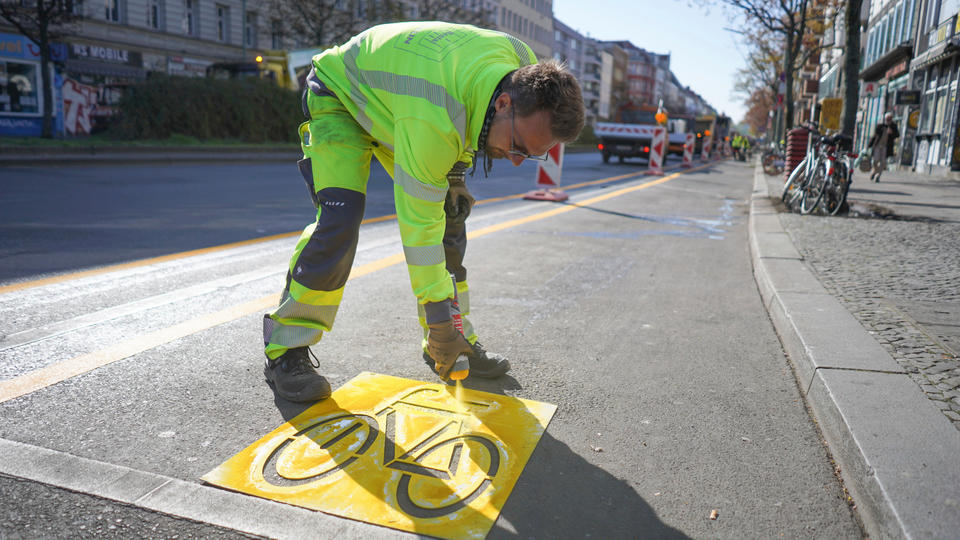Switzerland, October 5th 2020 – The annual General Assembly of the World Bicycle Industry Association (WBIA) took place via videocall on Wednesday September 30th. The WBIA members are CONEBI (Europe), People for Bikes (USA), Bicycle Association Japan, Taiwan Bicycle Association TBA, All India Cycle Manufacturers Association AICMA, the Bicycle and Motorcycle Industry Association of Russia – NADBM and the Industry association of Mexico ANAFABI.
The General Assembly agreed that the WBIA Secretariat will continue to be managed by the CONEBI Secretariat in 2021 and Mr. Erhard Büchel – current President of CONEBI – was confirmed President of WBIA as well. The WBIA General Assembly took the opportunity to discuss the impact COVID-19 on sales and production at global level as well as the WBIA work at the United Nations in Geneva.
COVID-19 has affected the Bicycle Industry worldwide: the negative impact at the beginning of the outbreak has been overturned by a remarkable growth in sales in each one of the countries represented by the WBIA Members. Governmental initiatives to support and promote Cycling have been introduced at fast pace while online sales have increased significantly as a result of the lockdown measures. Difficulties to meet the consumer demand were also pointed out.
2020 started with the publication of the United Nations report Transport Trends and Economics 2018-2019: Mobility as a Service (MaaS), that was co-authored by WBIA and presented officially to Transport Ministers from all over the world during the United Nations 2020 Inland Transport Committee (ITC) in February. The report is meant as a reference for all governments that are approaching the potential of digital platforms in boosting urban multimodal transportation and includes an entire chapter about the role of bike-sharing schemes.
The last few months have seen a particular attention by the United Nations to the topic of Micromobility and the safety of Personal Mobility Devices (i.e. segways, hoverboards, e-scooters): WBIA shared its position during a recent meeting of the Global Forum for Road Traffic Safety and raised its concerns to international Road Safety authorities with regard to their vehicle structural features. The United Nations are currently developing world guidelines with proposals about their usage as the attention by both media and national market surveillance bodies have so far indicated that a solution to the accidents that involve those vehicles must be found.
WBIA is also working on the future international regulations that will make Cycling Safer, with ongoing discussions with the Automotive industry on technical requirements to fit cars, buses and trucks with detection devices to avoid dooring accidents with cyclists, Blind Spot Information Systems and automatic braking in conditions of Vulnerable Road Users proximity under certain speed limits.
Last but not least, the United Nations Economic Commission for Europe’s Masterplan for Cycling Promotion is under development and will be officially presented at a High-Level meeting of national governments in Austria at the end of 2021: infrastructure mapping, best practices and policy recommendations are the core elements of a document that aims at being a comprehensive support to the overall Cycling advocacy.
WBIA Secretariat





